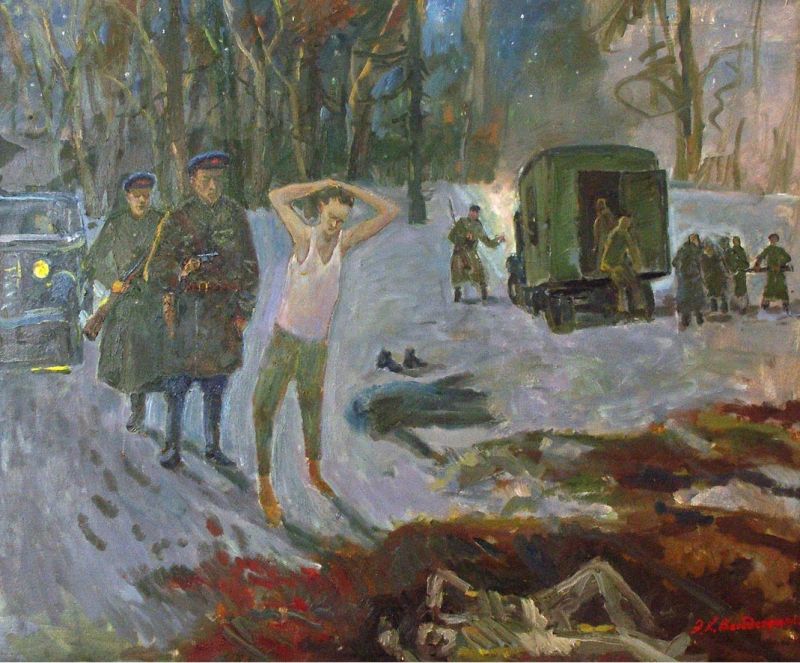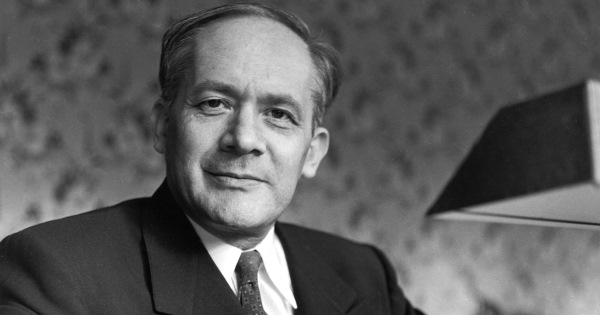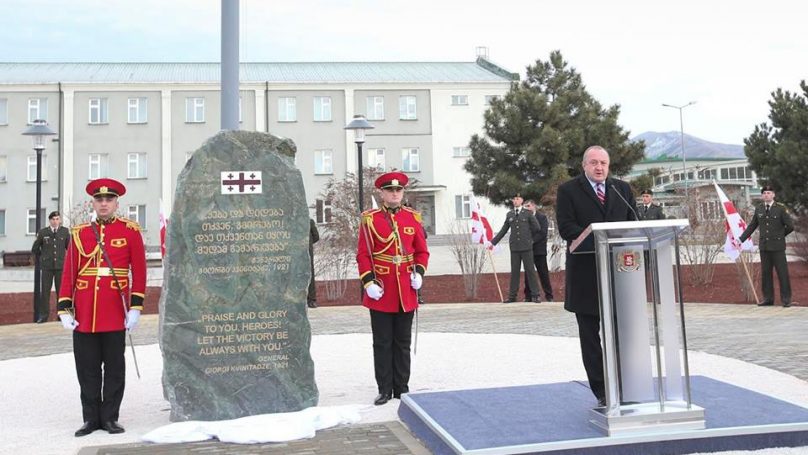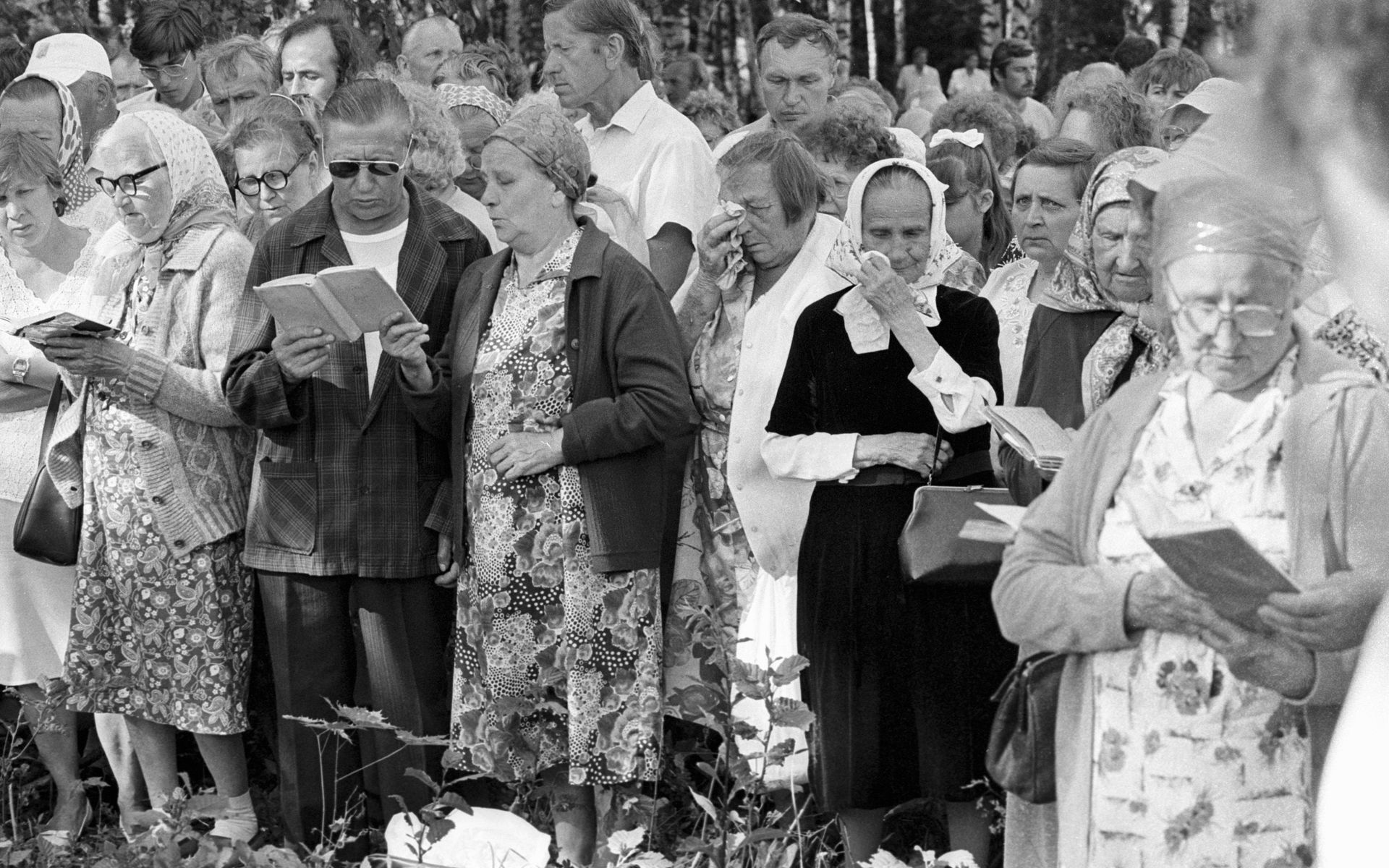The KGB and its predecessors were not the highly disciplined professionals and successful managers Vladimir Putin and the numerous state-controlled media outlets want Russians to believe, according to a new book on the organization’s activities between 1917 and 1941. Instead, they were as roguish and criminal as any security service in history.

Instead, as historian Aleksey Teplyakov writes in his new book, The Activity of the Organs of the Cheka-GPU-NKVD (1917-1941) (Novosibirsk, in Russian),
Moreover, the Soviet secret police took care of their own, who suffered far less seriously than those on whom they inflicted suffering, not having 20,000 of their officers executed during the Great Terror as some now claim but rather a tenth or even less than number, Teplyakov says the archives show.
The historian told Radio Liberty’s Dmitry Volchek,
That makes the study of these agencies now especially important, Teplyakov says. And thanks to Ukraine’s decision to open the Soviet intelligence service archives in its possession, researchers can do a great deal. Now, so many are traveling to Kyiv to research them that the biggest problem is that the reading room for them is too small – only ten desks.
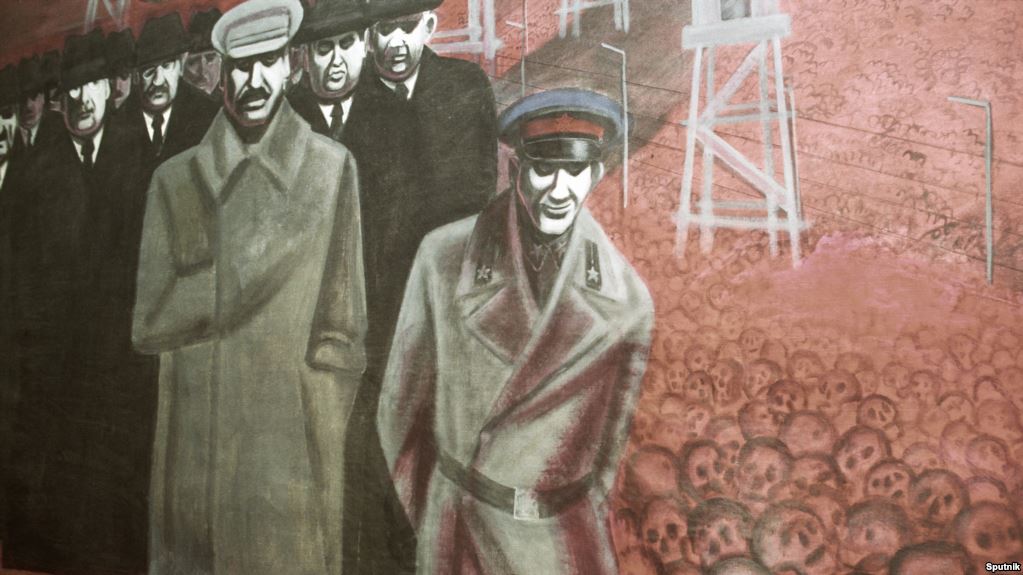
Among the many details Teplyakov provides in the course of this 2500-word interview, the following is especially intriguing. He notes that in January 1937, there were 25,000 state security field officers. More than 70 percent were removed by 1940, but “only part of them were repressed.” Most were given other, lesser jobs in the GULAG. Fewer than 2,000 were executed.
Besides the trope that the chekists suffered the way the population did, another falsehood now widely promoted is that all the officers were like Felix Dzerzhinsky [the first head of the Soviet secret police — Ed.]. In fact, the historian says,
in the initial period, many of Cheka’s operatives were recruited from the criminal element of society and they carried their values into their new work, including a propensity for sadism.
Another point Teplyakov makes is “the further from the center, as a rule, the more cruel and uncontrolled were the chekists. This relates to Central Asia, Kazakhstan and Ukraine.” When the center was weak, the chekists away from Moscow behaved in the most horrific way, often frightening the political branch of the Soviet government they were supposed to serve.
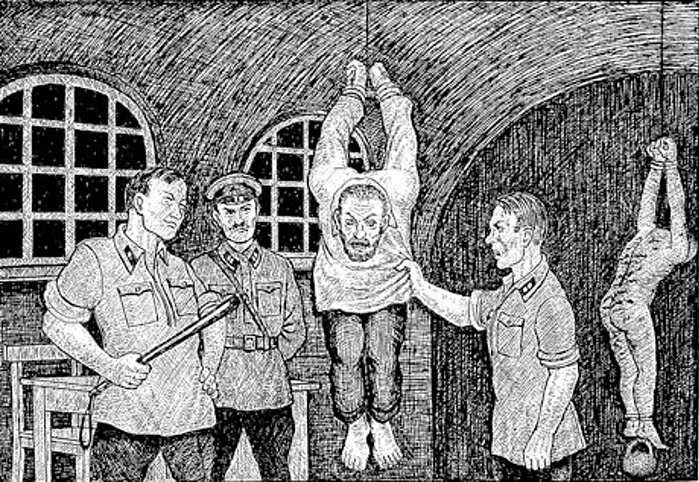
He also observes that one of the reasons “serious repressions were stopped immediately after the death of Stalin” was the fear that the organs might be used against his successors.
But perhaps Teplyakov’s most important observation concerns how the Soviet traditions of the chekists continue to this day.
Moreover, he continues, the special services are viewed as being so important that they are far more actively used than they need to be. “The prospects in this sense aren’t really very happy ones.” Studying the past of these organs is one way, Teplyakov says, to fight this dangerous trend.
Chronology of the Soviet Union Renaming Its Secret Police
| NAME[hr] | DATES[hr] |
| Cheka (Всероссийская чрезвычайная комиссия по борьбе с контрреволюцией и саботажем [ВЧК] – All-Russian Emergency Commission for Combating Counter-Revolution and Sabotage)[hr] |
1917–1922 |
| GPU (Государственное политическое управление [ГПУ] – State Political Directorate)[hr] |
1922–1923 |
| OGPU (Объединённое государственное политическое управление [ГПУ] – Joint State Political Directorate)[hr] |
1923–1934 |
| NKVD (Народный комиссариат внутренних дел [НКВД] – People’s Commissariat for Internal Affairs)[hr] |
1934–1941 |
| NKGB (Народный комиссариат государственной безопасности [НКГБ] – People’s Commissariat for State Security) [hr] |
Feb–Jul 1941 |
| NKVD (Народный комиссариат внутренних дел [НКВД] – People’s Commissariat for Internal Affairs)[hr] |
1941–1943 |
| NKGB (Народный комиссариат государственной безопасности [НКГБ] – People’s Commissariat for State Security) [hr] |
1943–1946 |
| MGB (Министерство государственной безопасности [МГБ] – Ministry for State Security)[hr] |
1946–1954 |
| KGB (Комитет государственной безопасности [КГБ] – Committee for State Security)[hr] |
1954–1991 |
Read More:
- Chief of Russia’s FSB: Stalin-era repressions were largely justified
- Russia’s FSB no longer ‘new nobility’ but only tool like old KGB, Soldatov and Borogan say
- 134 bodies of NKVD victims unearthed in Ivano-Frankivsk
- 107 remains of political prisoners executed by NKVD found in old Lutsk prison (photos)
- Putin gives his Guard powers even NKVD didn’t have: the question now is why? Gorevoy says
- Putin’s Russian Guard is true ‘heir to the NKVD,’ its deputy commander says
- 80 years ago, Stalin’s NKVD began to arrest and shoot the deaf and dumb
- Lists of NKVD victims killed in mass executions in 1941 published online
- A taste of Ukraine’s poetic Renaissance executed by Stalin
- Gandalf’s case: Russia prosecutes man literally digging up its darkest Gulag secrets
- Mass graves of victims of political repression discovered in Ivano-Frankivsk
- Ukrainians discover stories of repressed relatives in newly opened KGB archives




